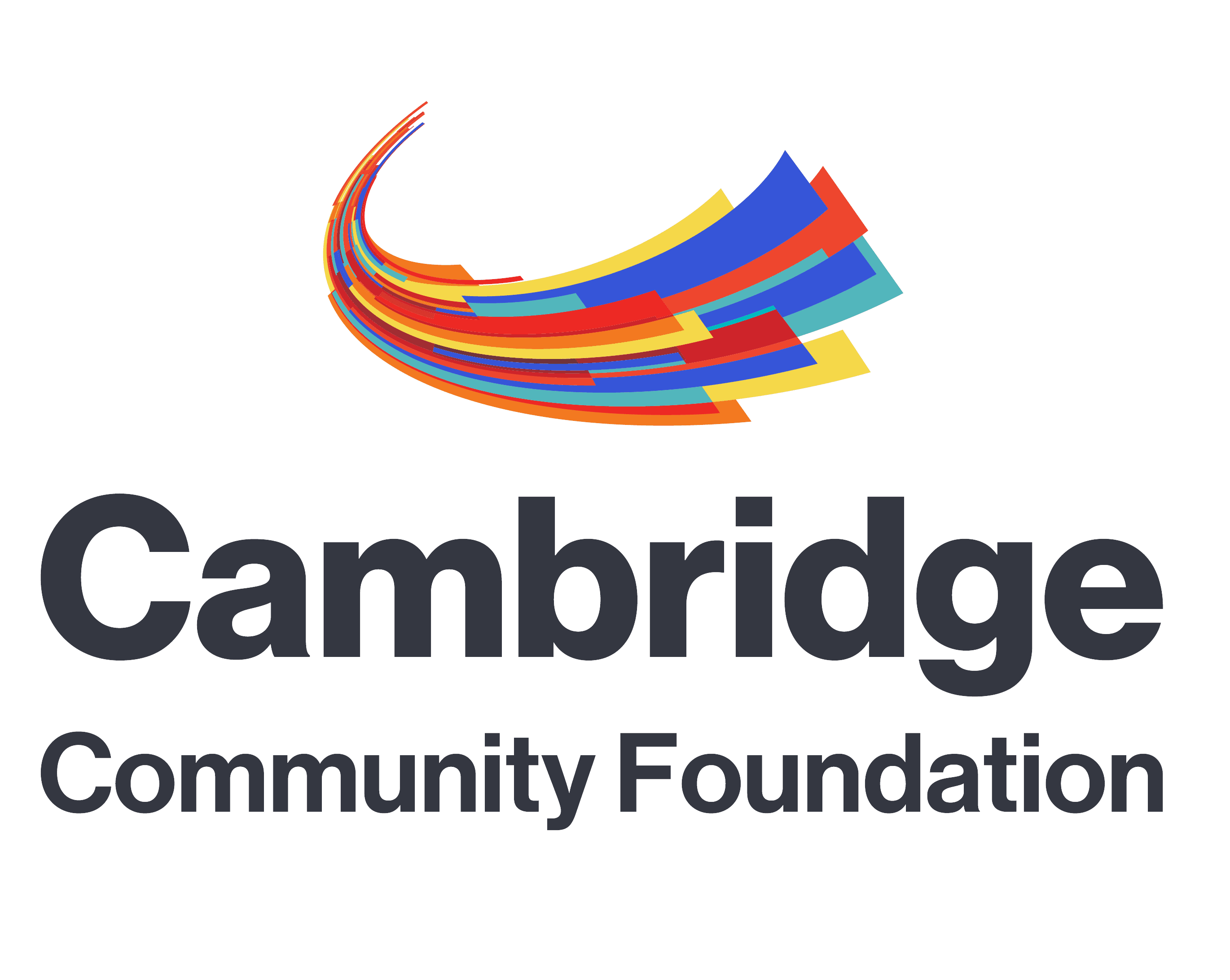Updates on our emergency grantmaking from our president
Dear friends, The COVID-19 pandemic has laid bare the fragility of our community. More people in Cambridge are struggling with food and housing insecurity. Families who previously made ends meet are now in crisis with no contingency funds to fall back on. This pandemic has also revealed the precariousness of our nonprofits. The very organizations that bridge the gaps and serve the most vulnerable are doing their work on shoe-string budgets and their future is uncertain. Less than a month ago, we created the Cambridge COVID-19 Emergency Fund and the Cambridge Artist Relief Fund in partnership with the City and our generous donors to provide swift relief to individuals and families in crisis. Funds are already in the hands of those who need them most and more applications are being reviewed each week. Here's a glance at our emergency grantmaking by the numbers: To date we’ve raised over $725,000 and counting for both funds combined. We're distributing one-time grants of $200 to $1,000. We’ve reviewed more than 300 applications from individuals, small businesses, and organizations so far. We’re sending out a total of just over $300,000 in grants, as quickly as we can. This is what we’re seeing: Taxi drivers who are primary breadwinners for their families have no income. Single mothers struggle to feed and home school their children while working reduced hours. Parents with large families depend on food pantries but

